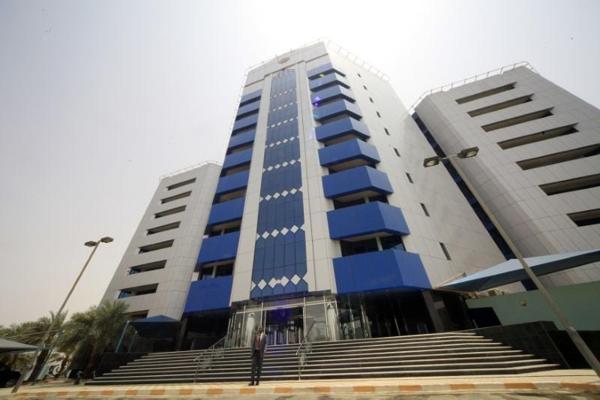Sudan to devalue pound currency to 18 per dollar in January: Minister
KHARTOUM-Reuters


Sudan is to devalue the Sudanese pound to 18 per dollar in January from the current 6.7, the finance minister said on Dec. 26, after the IMF called for it to let the currency float freely to encourage foreign investment in the country.
Sudan is also set to reduce subsidies for much of its manufacturing sector, a senior governmental source said separately, as electricity prices have increased tenfold in the North African nation.
The International Monetary Fund urged Sudan earlier this month to let the pound float freely and to cut its energy and wheat subsidies to boost growth and investment. It said Khartoum had a chance to improve its struggling economy after the United States lifted 20 years of sanctions in October.
The government has ruled out a market-determined exchange rate, however.
The IMF last year agreed to loan Sudan’s neighbor Egypt $12 billion if it implemented similarly tough fiscal reforms.
Import-dependent Sudan has suffered both from the sanctions and from the secession of the south in 2011, when it lost three-quarters of its oil output, its main source of foreign currency.
The devaluation of the pound, which includes the customs exchange rate - the rate used to calculate customs duties - is timed to take effect when the 2018 budget begins in the first week of January, Finance Minister Mohamed Othman Rukabi told Reuters.
Traders said the black market rate jumped to 27 SDG per dollar from 25 SDG per dollar on Dec. 26 after the devaluation was announced.
“The whole budget for the new year is based on a an official rate of 18 SDG per dollar. We expect the results of this policy to be positive for the Sudanese economy,” he said.
The Sudanese pound has weakened sharply against the dollar since Washington the economic sanctions, encouraging traders to step up imports and putting pressure on scarce hard currency.
Businesses have been unable to get hold of the hard currency they need at the official pegged exchange rate of 6.7 pounds to the dollar, forcing them to resort to parallel markets where exchange rates are much less favorable.
Sudan announced emergency measures last month to stem the flow of scarce currency out of the banking system, after the pound fell to a record low of 27 against the dollar on the black market.
The country also imposed tight restrictions on imports of luxury goods, directing remaining liquidity toward “sectors that boost growth,” the central bank said.
A senior governmental source said on Tuesday that the cabinet had decided to remove all subsidies from the manufacturing sector apart from firms involved in the production of medication and ice.
The cost of electricity has jumped tenfold for the industrial sector, the government said separately.
